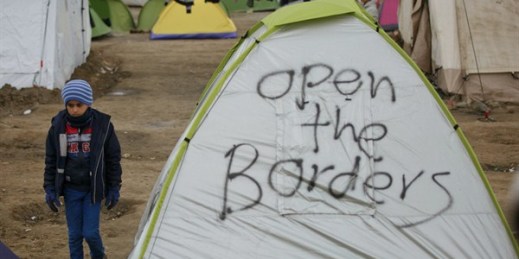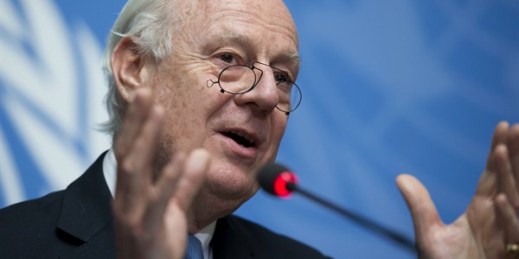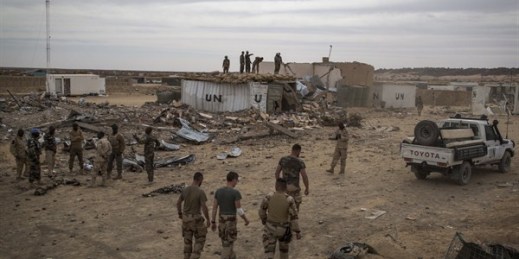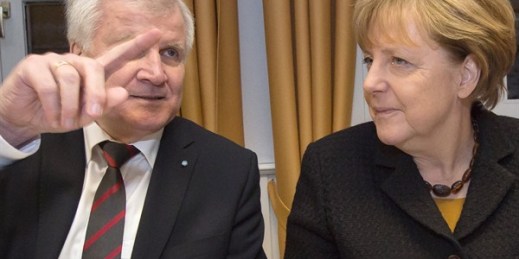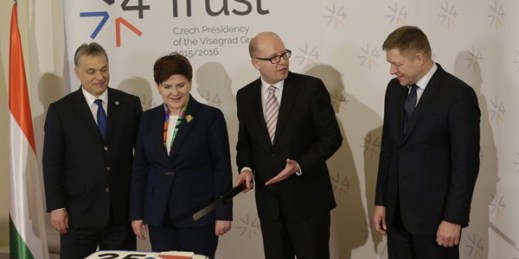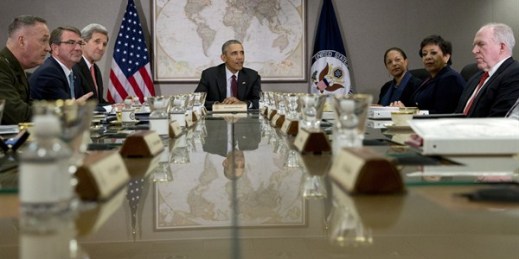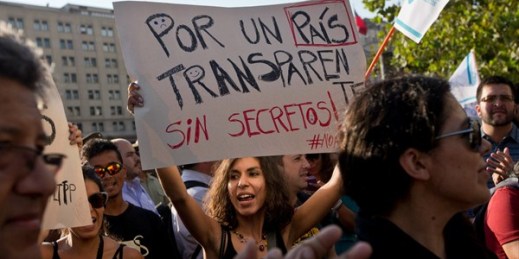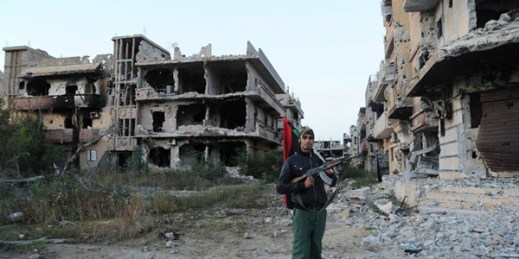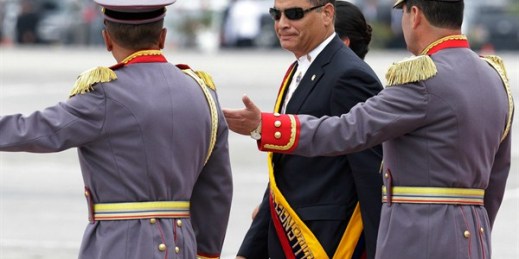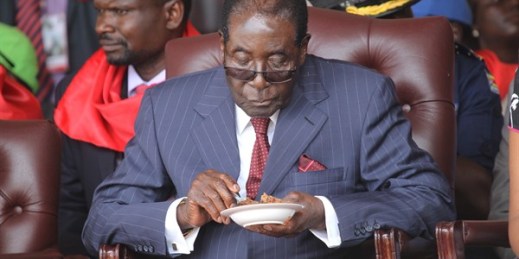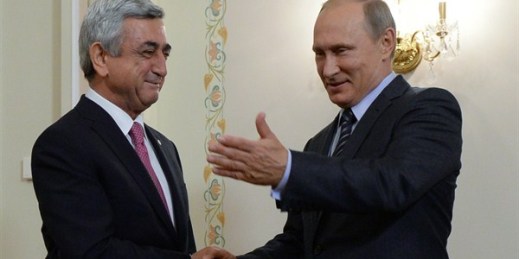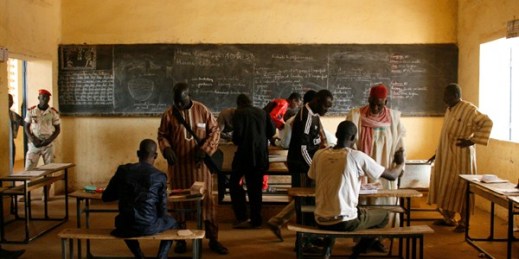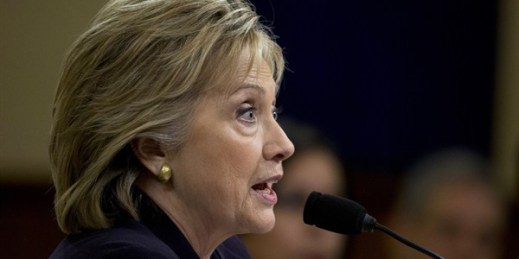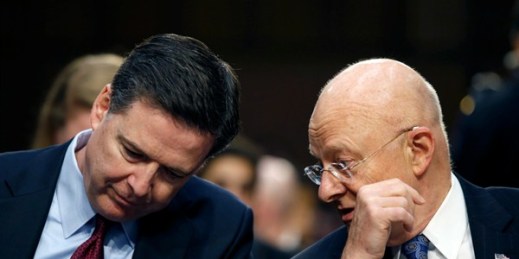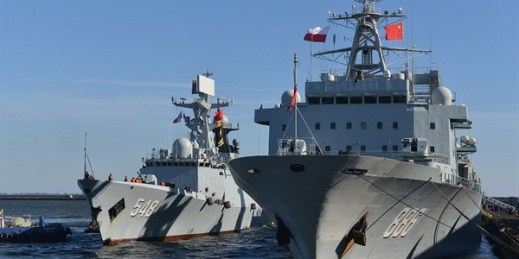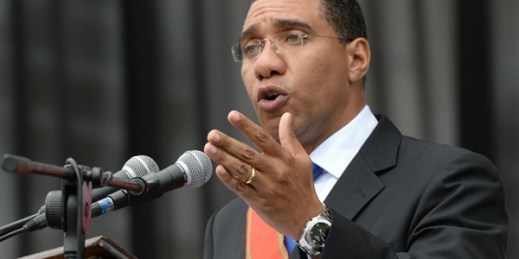
Last week, Andrew Holness, leader of Jamaica’s opposition Labour Party, was sworn in as prime minister, after winning the Feb. 25 elections on an anti-austerity platform. In an email interview, Jermaine McCalpin, a lecturer at the University of the West Indies, discussed the election and politics in Jamaica. WPR: What were the major policy priorities of the outgoing People’s National Party (PNP) government, and what was its track record while in office? Jermaine McCalpin: The PNP-led government made economic stability one of its primary goals. It successfully negotiated several International Monetary Fund-backed loans, improved the country’s credit rating and lowered […]

